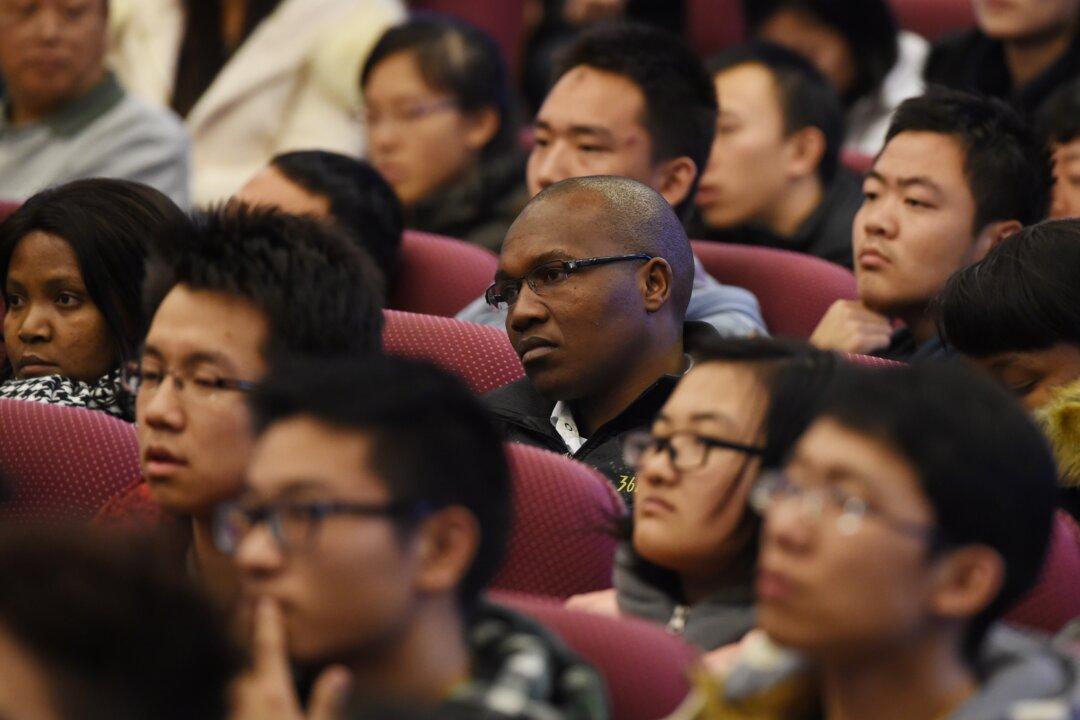One of China’s top universities has recently drawn controversy over a “buddy program” for exchange students that overwhelmingly assigned female Chinese students to partner up with male foreign students.
The program run by eastern China’s Shandong University requires three local “study partners” to be assigned to every foreign student, to help them with their studies and facilitate cultural exchange.





